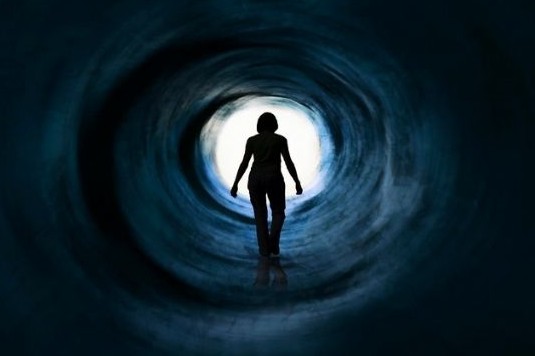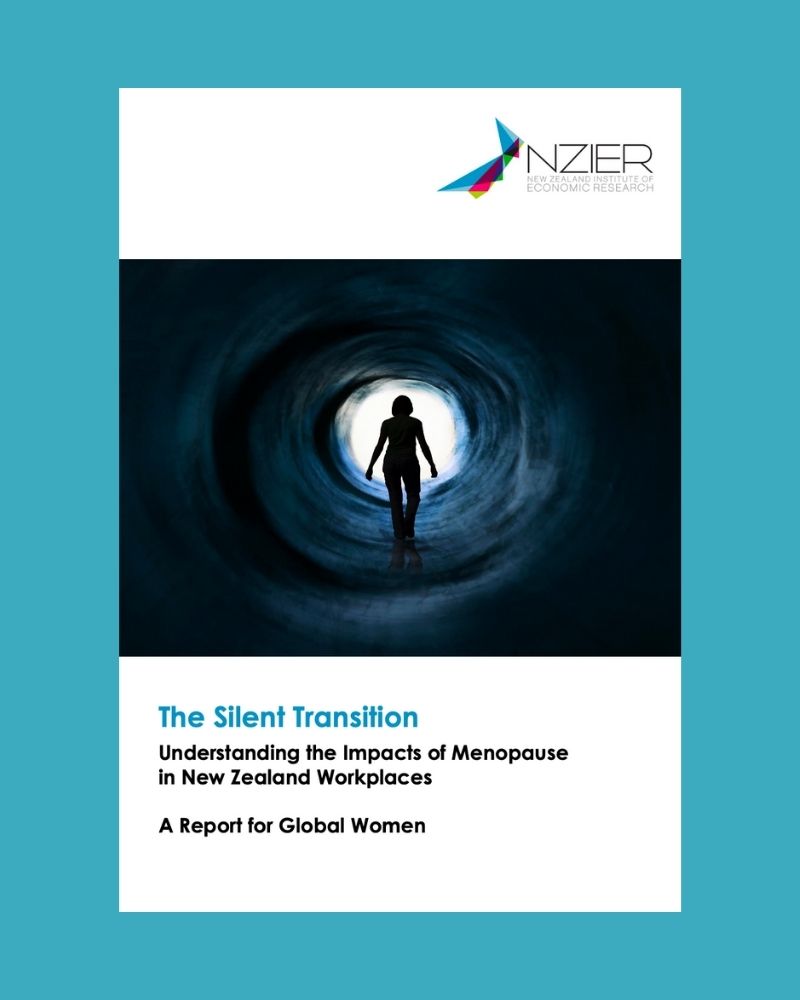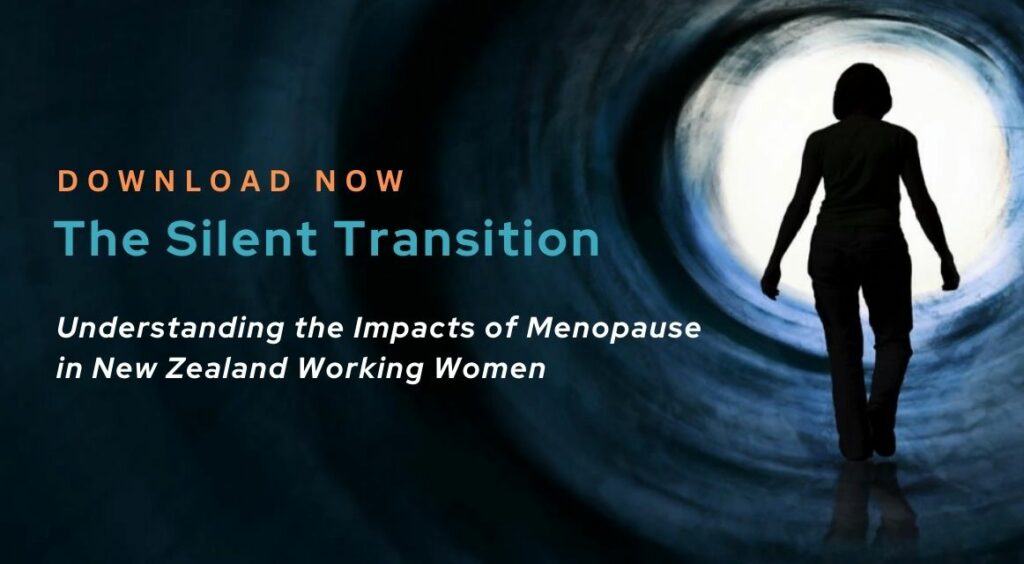Me aro ki te hā o Hineahuone
“Pay heed to the dignity of women”
Change is not just inevitable, it’s what weaves the fabric of our lives together.
Organisationally, change centres us while providing direction. Culturally, it’s what we respond to.
Change is what garners results, affects communities, paves a path. Equally, it pays dividends, lands awards, achieves goals. Our communities aren’t just used to change, we thrive on it — and it’s our movements that make it part of the zeitgeist.
Yet, there’s one change still uncovered by corporate Aotearoa. A change that affects half of our workforce — at a critical time in their career, no less.
That is menopause.
We at Global Women, along with partners ANZ and New Zealand Institute of Economic Research (NZIER), acknowledge the knowledge gap around menopause in the workplace that needs to be addressed. It’s a natural stage of life, part of the experience for most working women, yet there is still very limited understanding on its impacts in the global sphere, let alone locally.
As with all our advocacy, it is our hope that new information becomes a platform for change. We hope to fill this knowledge gap this World Menopause Day (18 October 2023) with nuanced insights into the menopause experience for female employees and employers.
Menopause in the workplace is not simply a women’s issue. We’ve seen how opening the aperture on topics such as parental policies, domestic violence leave, pay equity and broader diversity efforts paves the way for recalibrations and reconsiderations for all.
It’s clear that discussions around menopause are needed. Promisingly, it’s a topic that half of managers’ report being “very comfortable” talking about. Still, 40 percent of employers felt they needed to know more about it — a number that steeply lowers when asking male managers.
Understanding is the first stepping stone to equality. Increased knowledge is essential for an inclusive workplace where gender equality flourishes. Acknowledging the changes helps eliminate gender bias and ensures equal opportunities for career development.
Peeling back the layers reveals an issue broader than simply understanding menopause. We must consider exactly how our workplaces are set up, and how this impacts different communities.
42% of women in female dominated industries who didn’t ask for menopause-specific adjustments because they knew they couldn’t be accommodated. It’s a fact mirrored by one in three employers, who state it’s not possible to offer any adjustments to their way of working.
An intersectional lens is a must when discussing menopause — something we’re grateful our research has captured, specific to Aotearoa.
Māori women were also nearly 50 percent more likely than average to report feeling less physically able to do their work during menopause. Alarmingly, they were 50% more likely to reduce their work hours or take extra leave (75%).
Despite the alarming facts, it’s this calibre of nuance that Global Women, ANZ and NZIER, are proud of sharing with wider Aotearoa.
As we continue our advocacy, it is this lens that we look forward to applying across a wider range of themes and topics that pulse-check the state of women’s advancement and equity across Aotearoa — in the form of a report, produced with our partners.
Poetically, the theme of the report may change year upon year. Exploring how we can better understand the issues that face the women of Aotearoa New Zealand will be our north star. That, and our overarching mission to advance women, every day.
We invite you to join us. With each new learned idea, we put one foot in front of the other. Together, we come to a place of understanding that sparks action.
If not now, then when? And if not us, then who?


